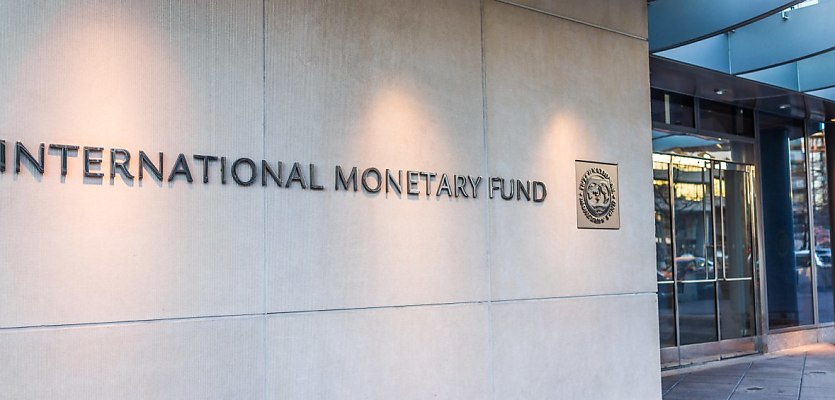With over half of Australians set to be affected by artificial intelligence (AI), the only way to ride out the AI wave is to be prepared.
A new report from the International Monetary Fund (IMF) has revealed that 40 per cent of all jobs globally will be affected by the advent of AI. In “advanced economies” such as Australia, the UK and the US, this proportion increases to as much as 60 per cent of all jobs.
“Historically, automation and information technology have tended to affect routine tasks, but one of the things that sets AI apart is its ability to impact high-skilled jobs,” explained IMF managing director Kristalina Georgieva.
“We are on the brink of a technological revolution that could jump-start productivity, boost global growth and raise incomes around the world. Yet it could also replace jobs and deepen inequality,” said Ms Georgieva.
One of the biggest concerns raised in the report was AI’s ability to further widen the economic gap between nations.
The countries that the IMF deemed most prepared to weather the onslaught of AI were Singapore and Denmark, with Australia ranking in the middle of advanced economy nations.
As well as increasing global inequality and exacerbating poverty, the rise of AI in the labour market will “affect income and wealth inequality within countries,” said Ms Georgieva.
High-income earners, young university-educated workers and men are among groups more likely to have their work complemented by AI. Women, older workers and those without a tertiary education are more likely to find their job prospects and income at risk from AI.
“If AI significantly complements higher-income workers, it may lead to a disproportionate increase in their labor income,” said Ms Georgieva. “In most scenarios, AI will likely worsen overall inequality.”
In order to curb AI’s worst effects, Ms Georgieva stated that nations must “establish comprehensive social safety nets and offer retraining programs for vulnerable workers”.
For advanced economies like Australia, Ms Georgieva remarked governments should “prioritise AI innovation and integration while developing robust regulatory frameworks”.
“We can make the AI transition more inclusive, protecting livelihoods and curbing inequality,” said Ms Georgieva.
“The AI era is upon us, and it is still within our power to ensure it brings prosperity for all.”







You are not authorised to post comments.
Comments will undergo moderation before they get published.